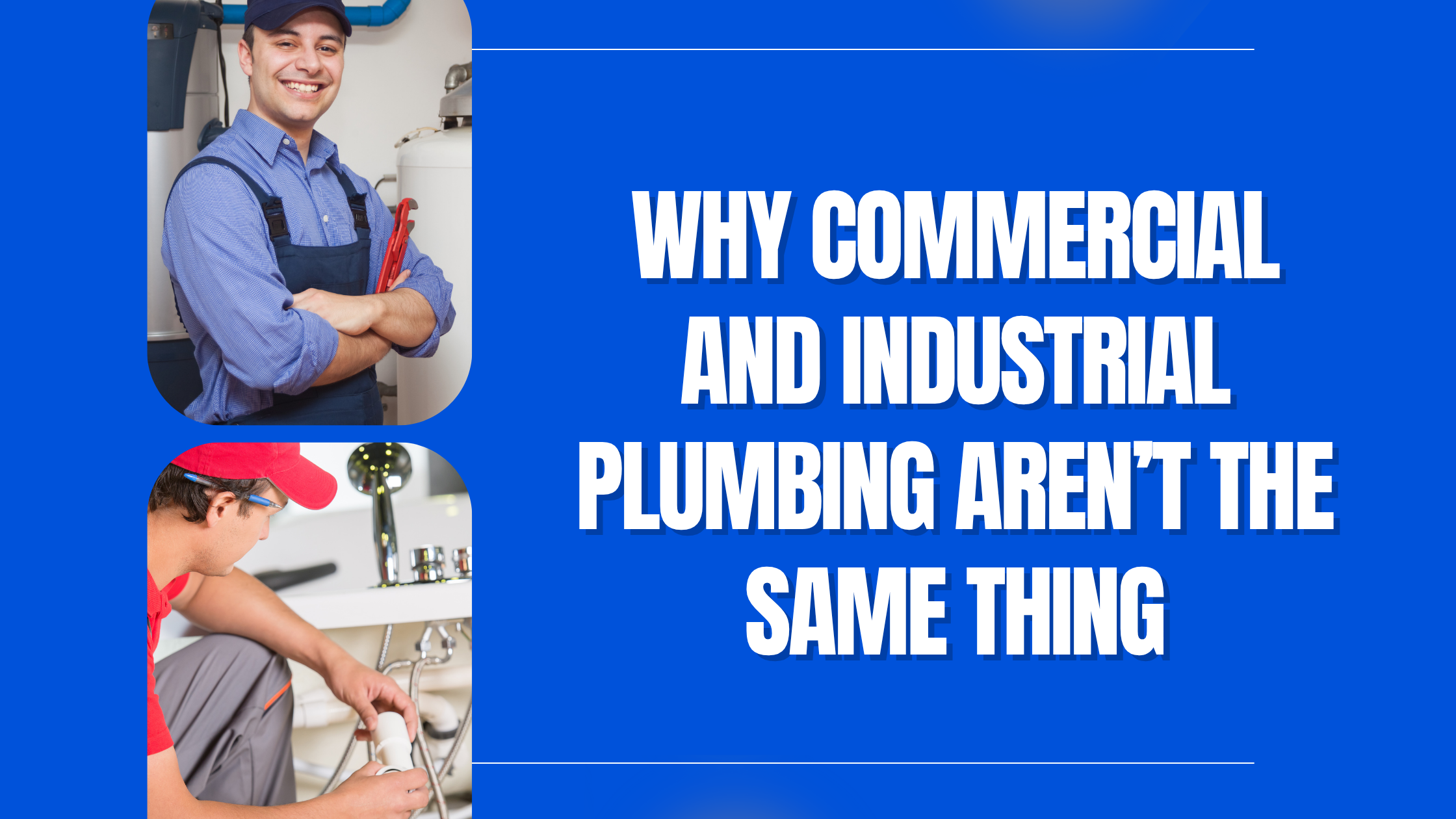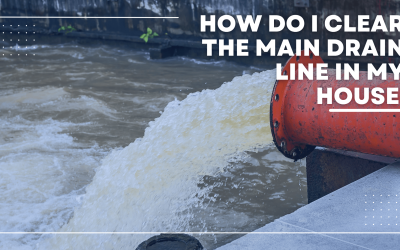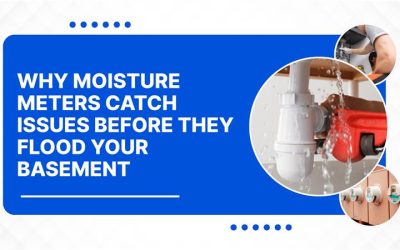Plumbing might seem like a straightforward job, but the needs of different buildings tell another story. The plumbing setup in a shopping mall differs greatly from that in a manufacturing plant. Each environment comes with unique demands, regulations, and risks that shape how systems are installed and maintained. This is where understanding the difference between commercial and residential plumbing becomes essential for any property owner or manager.
What is Commercial Plumbing?
Commercial plumbing focuses on plumbing systems in places like offices, hotels, hospitals, and schools. These buildings experience daily water usage by hundreds of people, requiring efficient systems for sinks, restrooms, and drainage. Professionals offering commercial plumbing services handle complex networks that must meet health codes and ensure minimal downtime. The design emphasizes reliability, easy maintenance, and quick repairs to keep businesses running smoothly without interruptions.
Commercial plumbers also handle installations during construction or renovation. They work closely with architects and contractors to ensure water supply and waste management systems align with building codes. Their main goal is to deliver convenience and safety for both customers and employees in high-traffic facilities.
What is Industrial Plumbing?
Industrial plumbing caters to factories, processing plants, refineries, and similar facilities. These environments deal with heavy-duty systems designed for chemicals, high pressure, and extreme temperatures. Specialists offering industrial plumbing services focus on creating and maintaining pipelines that support manufacturing processes rather than daily human use.
These systems often involve complex mechanisms that transport gas, steam, or hazardous fluids. The materials used must be strong and corrosion-resistant. Industrial plumbers also work under strict safety standards, ensuring that every pipe, valve, and tank operates without leaks or failures. Even a small issue in such setups can halt production or cause major hazards, making their work both technical and crucial.
Differences Between Commercial and Industrial Plumbing
Though both involve water and pipes, their scale, complexity, and purpose vary significantly. Here’s how they differ:
System Complexity
Commercial plumbing systems serve multiple floors and units but maintain relatively consistent needs, like restrooms and kitchens. Industrial plumbing, however, deals with specialized equipment, pressure systems, and material transport. It requires advanced knowledge of industrial-grade components and flow control mechanisms.
Scale and Load Handling
Commercial buildings experience high traffic but predictable patterns. For instance, offices have busy mornings and lunch breaks. Industrial sites operate around the clock with varying demands, often involving pressurized systems. The plumbing design must handle greater loads and intense operational stress.
Materials and Equipment Used
Commercial plumbers typically use copper, PVC, and stainless steel, suited for water supply and drainage. Industrial plumbers use stronger materials like galvanized steel and cast iron that can resist chemicals and pressure. They also rely on heavy-duty pumps and specialized valves built for production environments.
Safety and Regulation
Both types follow safety codes, but industrial plumbing faces stricter industrial standards. These include environmental controls, hazardous waste management, and compliance with manufacturing safety laws. Mistakes in a commercial setup might cause inconvenience, but in an industrial plant, they can lead to shutdowns or chemical leaks.
Maintenance Frequency
Commercial plumbing requires regular but simple maintenance, like leak checks or drain cleaning. Industrial plumbing needs constant monitoring using advanced tools. Preventive maintenance is vital because one failure can affect entire production lines or damage costly machinery.
When to Use Which One?
Choosing between commercial and industrial plumbing depends on your facility type and water system requirements:
- Office buildings, hotels, or schools need commercial plumbing for consistent water flow and sanitation.
- Manufacturing plants or processing units require industrial plumbing for complex, high-pressure systems.
- Restaurants and shopping centers benefit from commercial systems that support heavy daily usage.
- Refineries and chemical plants need industrial-grade systems that can handle heat, pressure, and corrosive materials.
- Maintenance or emergency repairs should be done by specialists in the correct category to avoid system mismatches.
Why It Matters to Choose the Right One?
Using the wrong plumbing service type can lead to performance issues and safety risks. Commercial plumbers may not be trained for industrial-scale challenges, while industrial plumbers might over-engineer systems for small businesses. Each type demands its own expertise, tools, and approach for long-term efficiency.
Guru Plumbing understands the difference clearly and provides solutions suited to the specific environment. Whether it’s a high-rise office or a large production plant, having the right plumbing specialist ensures smooth operations and lasting system health.
The Bottom Line
Commercial and industrial plumbing may seem similar on the surface, but their functions and challenges are entirely different. Each requires specialized skills, distinct materials, and tailored solutions to meet plumbing’s unique demands. Understanding these differences helps property owners choose the right service and prevent costly complications. Reliable plumbing systems keep both business and industry moving without interruptions. Choosing the right expert makes all the difference in achieving safety, efficiency, and peace of mind.












0 Comments